Diabetes is a highly prevalent health condition that requires extensive lifestyle modifications as well as medications.
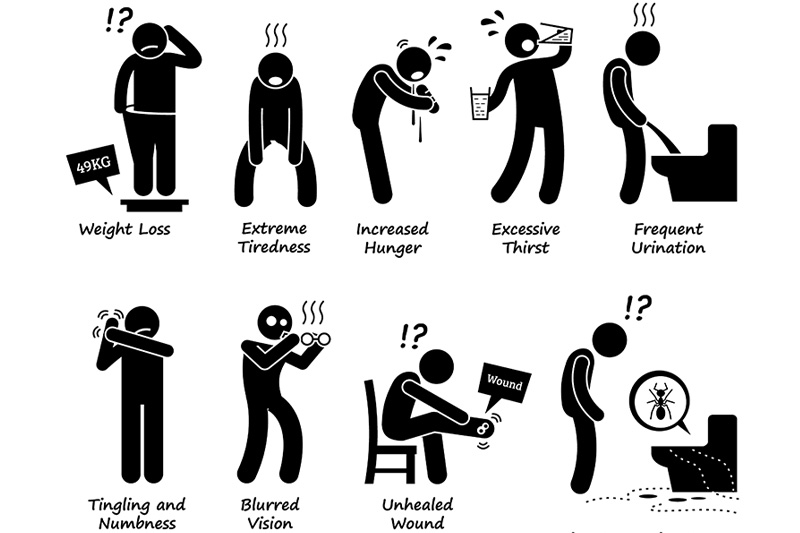
It is important to monitor your blood glucose levels regularly to ensure proper control. However, some people think that regular monitoring is not needed because they take medicine. That is a wrong concept, and can silently pose you to the life-threatening complications of diabetes. Let’s have a look into the signs of uncontrolled blood sugar level.
#10 – You have to Pee A Lot
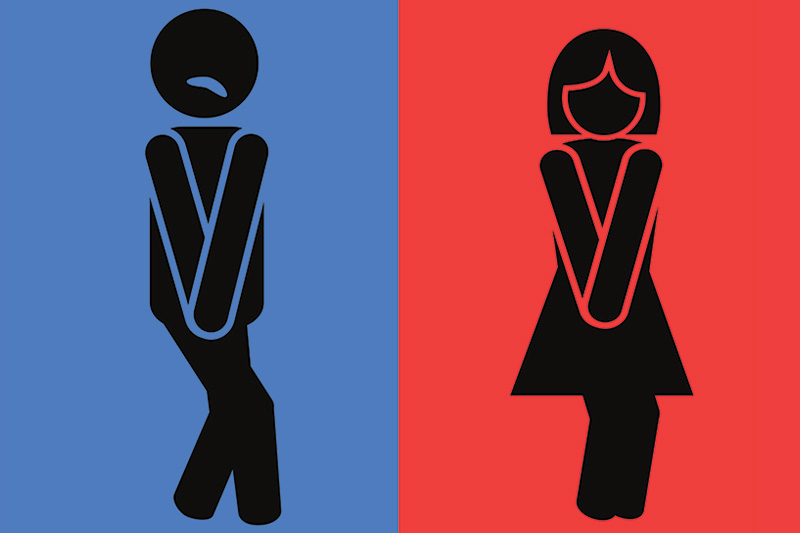
Diabetes leads to increased production of urine. This happens due to high blood glucose. When you have a controlled blood sugar level, this symptom is also controlled. But if you are experiencing frequent urination, then your blood glucose can be high, and you should monitor it.
#9 – You are Thirsty All the Time

When the concentration of glucose in your blood is higher than usual, your brain signals you to drink water. This is why you feel thirsty all the time when your blood glucose levels are uncontrolled.
#8 – You are Overeating

When the blood glucose concentration is higher than usual, but your body cannot utilize it to produce energy, your brain signals you to eat more food. If you feel that you are overeating, then your blood glucose might be high.
#7 – You Feel Weird Sensations in Your Hands and Feet
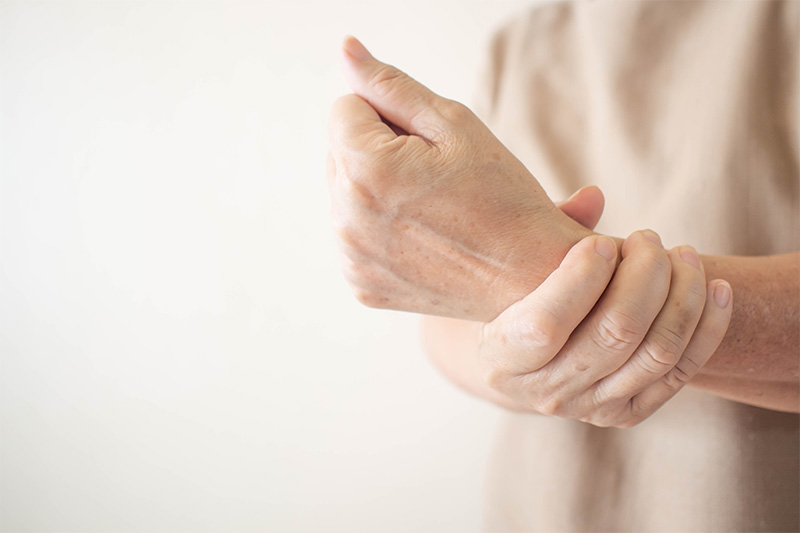
Tingling and numbness are the signs of diabetic neuropathy, a complication of diabetes that occurs due to nerve damage. Such weird sensations indicate that your blood glucose level is high.
#6 – You cannot See Properly
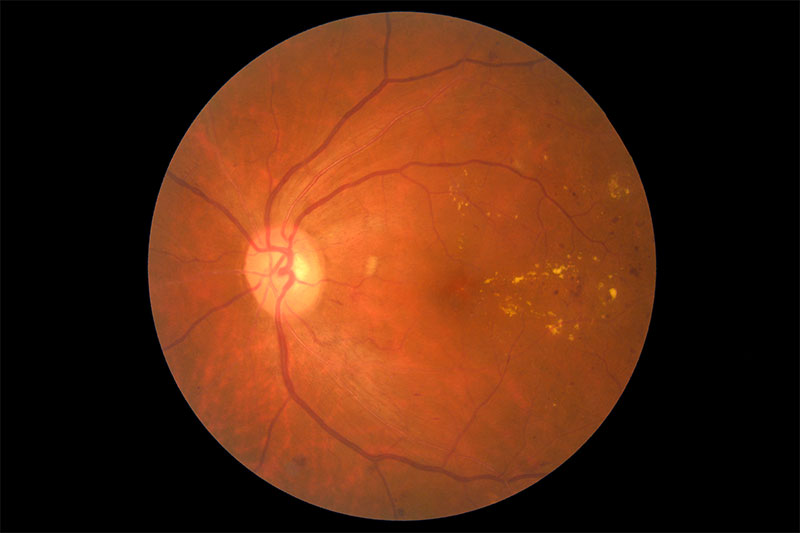
Uncontrolled diabetes can cause diabetic retinopathy. It is another complication of diabetes that occurs due to high blood glucose for a long time. Retinopathy is when your retina is damaged, and your vision is no longer intact. This calls for an immediate doctor’s appointment.
#5 – Your Breath Smells Fruity
In the case of very high blood glucose, your breath starts to smell fruity. It is a dangerous sign, and you should go to the hospital immediately. It can lead to coma and other life-threatening complications if left untreated.
#4 – You are Getting Infections Again and Again
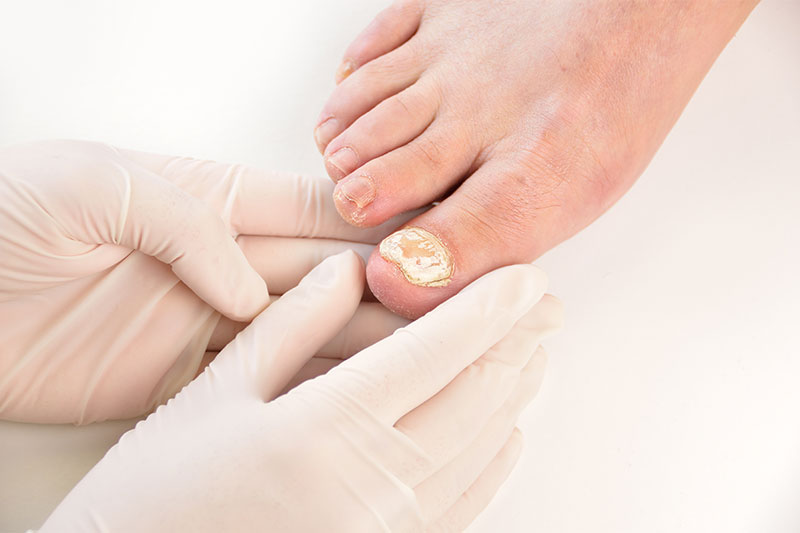
High blood glucose impairs your immunity and makes you more susceptible to infections. Many people experience fungal infections, urinary tract infections (UTI), folliculitis, etc. again and again due to low immunity.
#3 – Your Smallest Wound is Taking the Longest to Heal
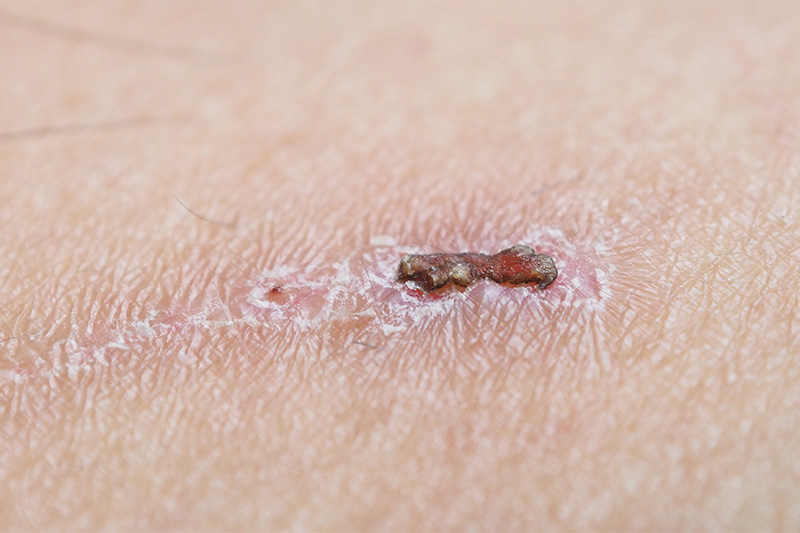
Uncontrolled blood glucose levels also impair wound healing. Did you cut yourself slightly while cutting your salad a month back, but the wound is still there? This is an important sign that you are not managing your blood glucose level properly.
#2 – You are Losing Weight

Your hunger is on the higher side, but your weight is declining? Well, that can happen in case of uncontrolled diabetes. It would be best if you started monitoring your blood glucose as well as weight. If not due to diabetes, weight loss can occur in many serious diseases. Your attention is required.
#1 – You Feel Tired All the Time

When you do not manage your blood glucose levels properly, you start feeling tired and fatigued all the time. You feel you are low on energy, and end up in bed.
Diabetes is a severe disease due to its dangerous complications. It requires a lot of effort to ensure proper management of blood glucose levels. See your doctor regularly, and do not stop monitoring your condition.


